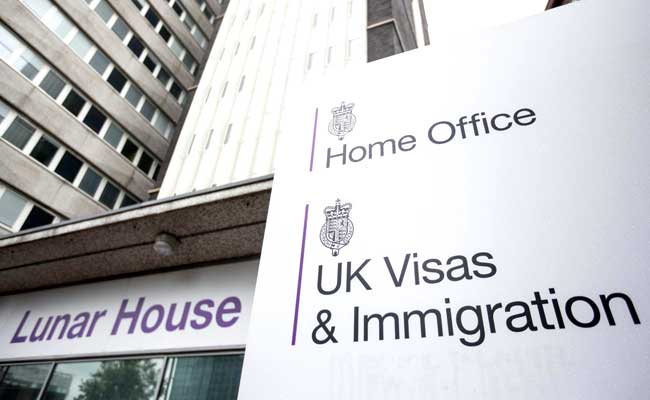Ten years after the Equality Act came into force, the EHRC have published their findings and recommendations in a report entitled “Inclusive Justice: a system designed for all”. Although the report recognises where progress has been made, it also identifies very significant problems. The inquiry, which covered England, Wales and Scotland, heard from defendants, legal professionals, charities, intermediaries and organisations who help people with what are often referred to as “hidden disabilities” – cognitive impairments, mental health conditions, and neuro-diverse conditions.
The EHRC’s key recommendations focus on the pre-trial phase, when important decisions are made about adjustments and whether the defendant will plead guilty or not guilty. The report is concerned both with participation and also the opportunities and risks arising from the increase in modernisation (for example, video hearings). The foreword to the report notes the rapid and expansive changes which have taken place during the pandemic. The inquiry was completed before Covid-19 took hold in the UK, however the report notes that the criminal justice system has had to adjust to deal with the challenges of Covid-19. These findings have therefore been published to “inform further decision making at this extraordinary time”.
Read more: Natasha Isaac, Barrister at 1 Crown Office Row, https://is.gd/ssfaxS
